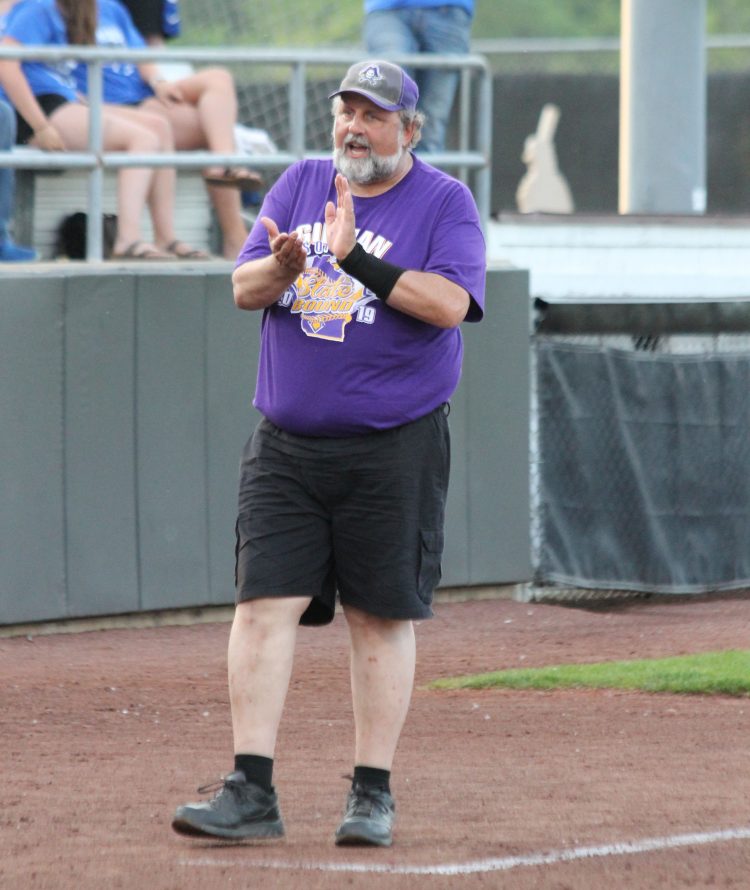Phelps attains Hall of Fame status as long-time coach


Brian Phelps has long been an encouraging figure on the Gilman softball field – 30 years, in fact. Because of that diligence and his success with the program, the Cornell native ...


Brian Phelps has long been an encouraging figure on the Gilman softball field – 30 years, in fact. Because of that diligence and his success with the program, the Cornell native ...